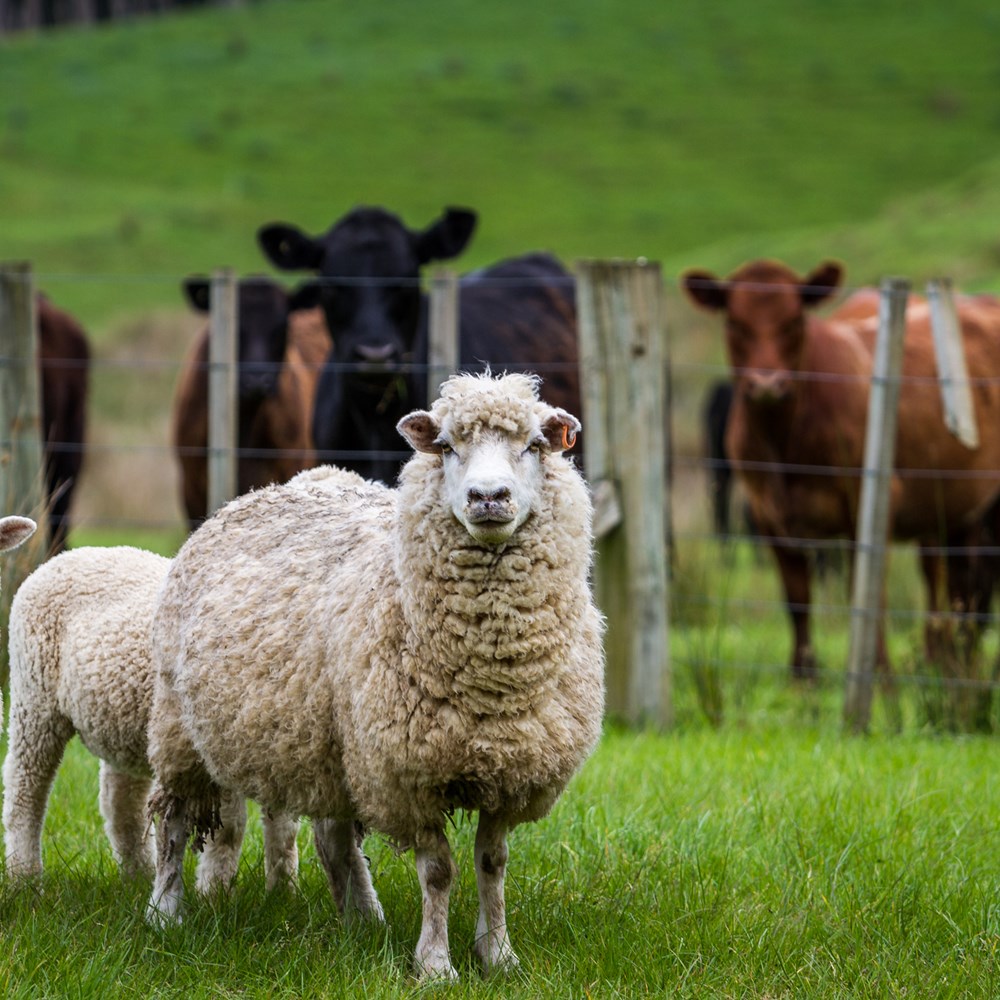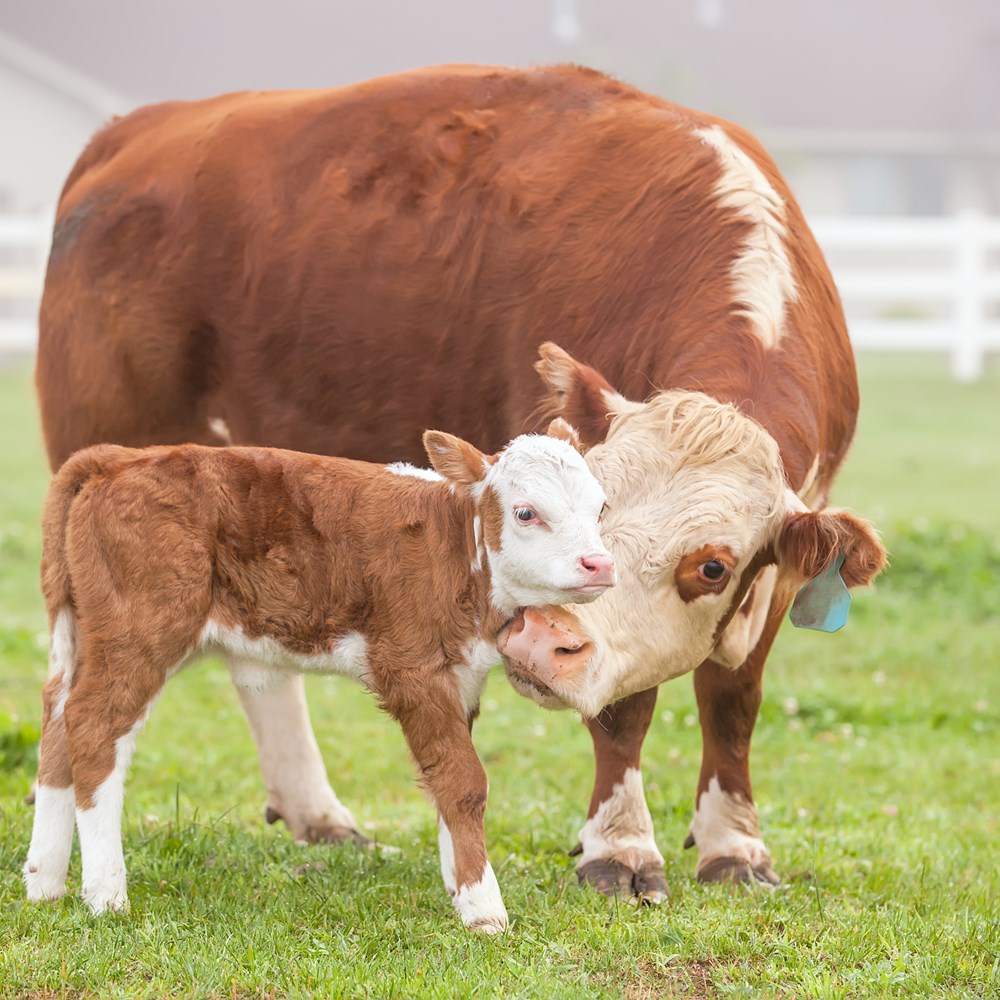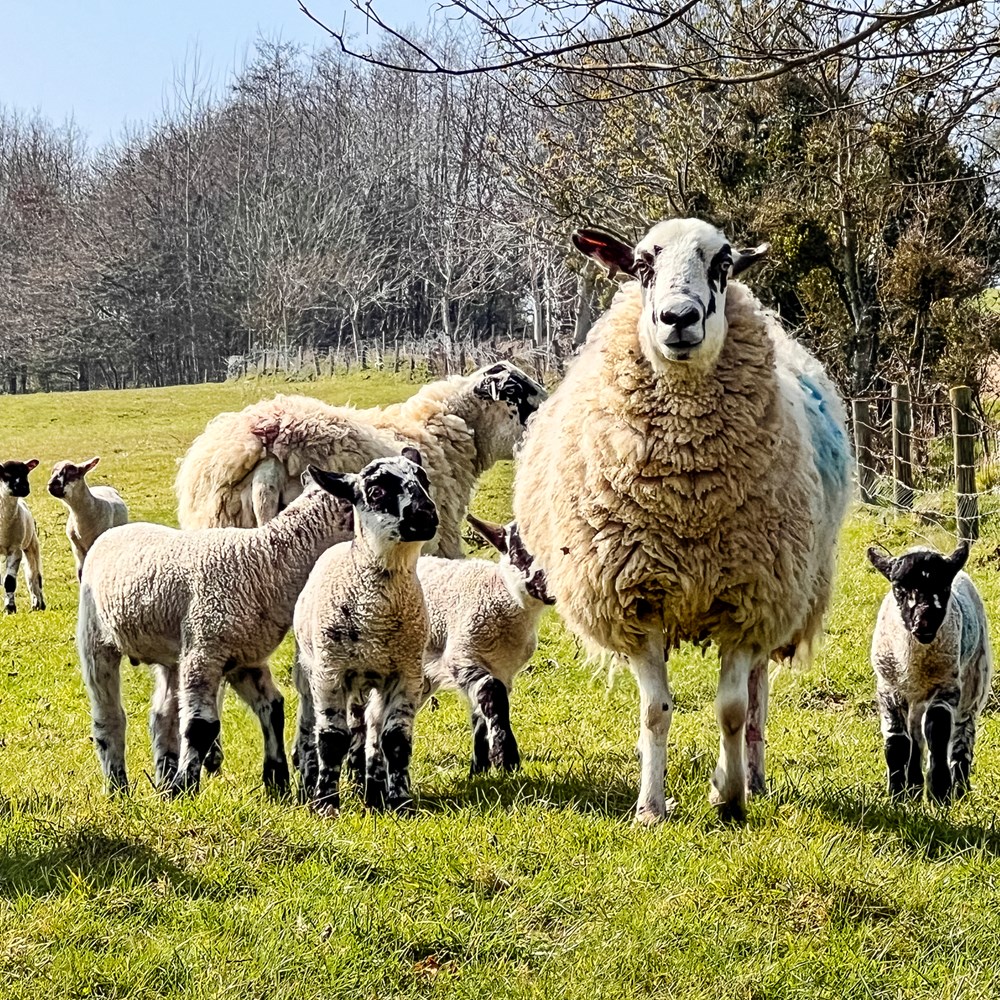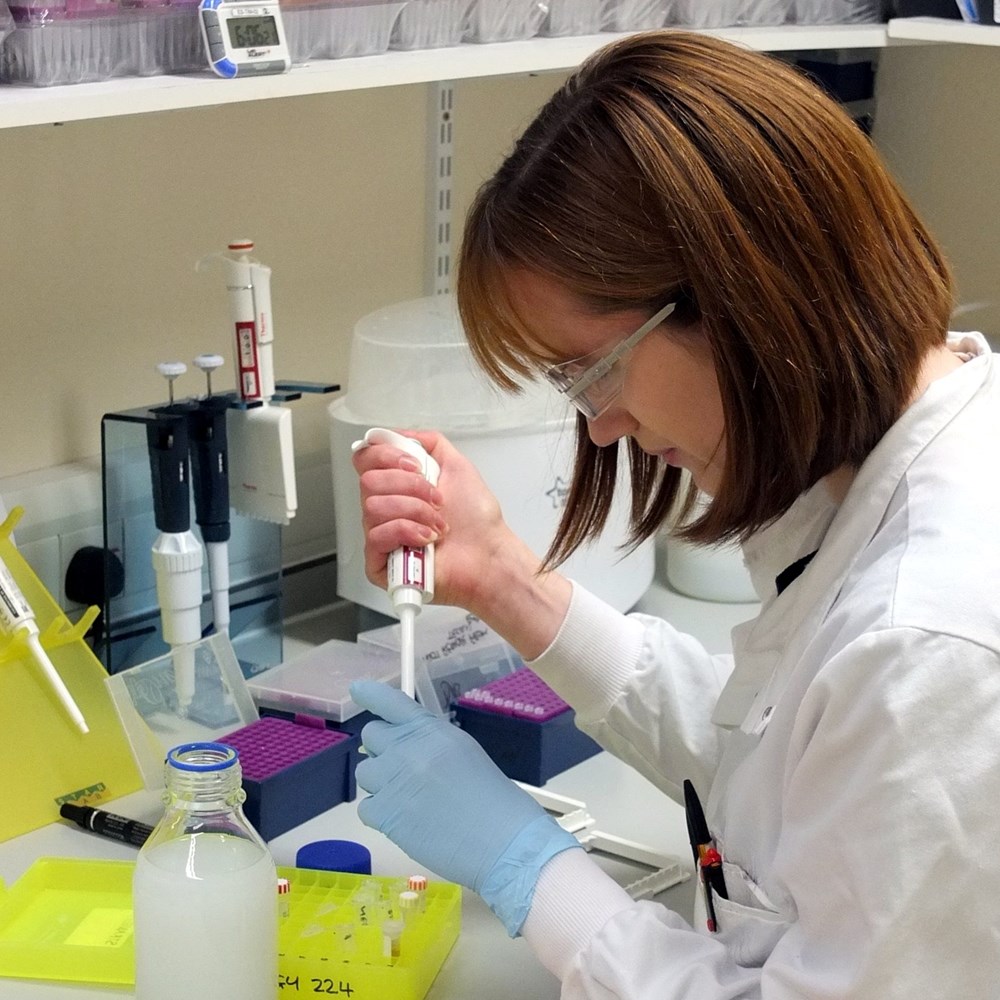UKAS Accreditation Status: Not accredited
Turnaround Time: 4 working days
SRUC VS Product Code(s): 1060750
Interpretation of Lead Assay in Liver and Kidney
Tissue lead <2.5µmol/kg DM or <0.1 mg/kg FT (ppm) indicate unavoidable background exposure and do not indicate a risk to the food chain or animal health. Values above this indicate exposure. Lead levels > 2.07 mg/kg FT in the liver or kidney is consistent with a diagnosis of lead poisoning in cattle, small ruminants, birds and miscellaneous species. Assuming 20% dry matter, this is equivalent to >50 µmol/kg DM or > 10.35 mg/kg DM).
For animals from Scotland, concentrations >0.5 mg/kg FT (ppm) in liver or kidney tissue or >0.1 mg/kg FT (ppm) in muscle should be reported to Food Standards Scotland (FSS). Similar concentrations in animals from England should be reported to an APHA veterinary investigation officer to take forward as a potential food safety investigation.
For ongoing cases please refer to the risk assessment provided by FSS or APHA.
Lead analysis indicates raised lead concentrations in tissue which may be detrimental to animal health and is a cause for concern in terms of food safety due to persistent lead residues. Under the Food Safety Act 1990, and related legislation, farmers and their advisers are required to show due diligence to protect the food chain.
During an investigation it is advised that the exposed group of animals is placed under voluntary restriction (not moved off the holding) until further information is gathered and the risk analysed. Access to the source should be restricted as soon as it is identified.

UKAS Accreditation Status: Not accredited
Turnaround Time: 4 working days
SRUC VS Product Code(s): 1060750





Our leading experts provide support to clients in areas animal disease, diagnosis and surveillance.

Contact our team and benefit from their experience and expertise.

Our consultants in 25 offices across Scotland and northern England turn research into advice and advantage for business and public sector alike.